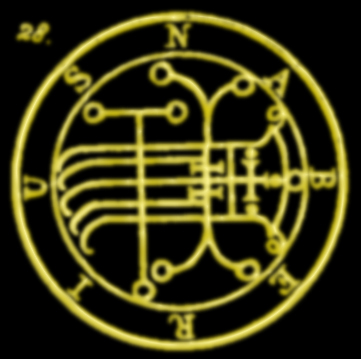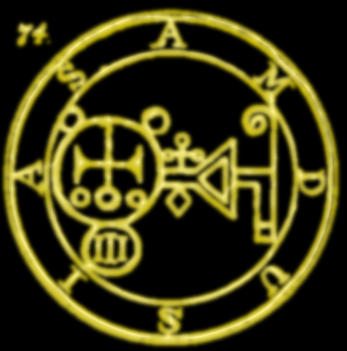This one time, after cleaning out the recently vacated jellyfish tank, I was faced with the realization of the sheer number of pet deaths I had fostered while the little things were in my care. Things tended, for the most part, to have a decent run compared to their normal span of years. I had a cat make it to fifteen or so, and a couple of dogs that were several years old by the time I got them lived another decade with me as caretaker and companion. But I had kept a number of more exotic pets, exotic in a perfectly mundane sort of way, nothing I needed to have a permit for or wear special clothing to protect myself from. Brine shrimp. A number of fishtanks, both fresh an salt. An ant farm or two. Hermit crabs. A pair of salamanders. A ferret. The occasional miscellaneous rodent handed over by family friends and neighbors when their children lost interest or showed themselves too young for the responsibility.
People mentioned my name and St. Francis in the same sentence, and maybe there was something there. A nearly equivalent patience for handling animal waste and a quick suppression of the urge to twist a little head off of its body when, from fear or mistrust or defense of territory or property or sheer mean-spiritedness, it had applied teeth or claws or beak or pincers or what have you to some portion of my anatomy to make some point or other, I assume, or soiled or broken something beyond the scope of cleansers or superglue. Sainthood isn’t a magical power. It’s an ordinary human skill cranked up to maximum and a documented impeccable track record.
Even so, I was no St. Francis. I was on good terms with animals in terms of points mentioned previously and made a point to live in harmony with the wildlife that came to visit my property, to the point of enforcing a truce between the birds and squirrels over the contents of the feeder and handling pest control in a way that was conscientious of the health of the animals that would remain. And I never killed a bee or a spider except by accident while trying to relocate them. But that’s as far as it ever went. I couldn’t heal them with a touch or speak their languages beyond a basic understanding of their needs. And the wildlife pretty much never sought out my company in preference to their own.
And I had buried hundreds, if not thousands, of the little things — particularly if you counted ants and Sea-Monkeys as individuals. It was attention-getting.
I know a lot of animal rights advocates are against keeping pets altogether, as this extracts an animal out of its natural habitat and forces it to live in unnatural circumstances for which it was never cut out. I think that’s a weirdly ironic comment coming from a primate extracted from the savanna, placed under the unnatural stresses of modern crowded human life and denied full use of the fight-or-flight reflex (and supportive casual grooming from neighbors) until parasites and disease and thrombosis takes us all to an early grave. Also, the typical pet has a lifestyle far in excess of what nature would have handed it, and sometimes a higher lifestyle that its owners.
Sometimes I feel I still eat meat out of petty revenge. Jealousy over the lifestyle thing. And a dozen ineffectually steam-cleaned carpets.
But these are animals. Like ourselves. We can’t give them long lifespans. The best we can do is give them a fighting chance at every opportunity and a series of moments, one more or less after another, during which they might take pleasure if circumstances do not conspire to prevent it. We learn from them. We learn more about ourselves by watching them and helping one another deal with the days. Even the ones that aren’t so cuddly.
Where the activists fail is by the assumption that humanity, with our buildings and pavements and technology and money and entertainment and all of the associated bullshit, is unnatural. We aren’t so damn special, either angels or devils, changers of rules and landscapes. The first crop of life on earth poisoned most of the rest of it off by producing huge toxic quantities of free oxygen, leaving behind nothing that couldn’t either withstand or eventually require the consumption of its wastes. A single family of beavers can flood a million acres, causing localized extinctions far in excess of the construction of a subdivision. Huge numbers of species are so adapted to humanity that they would die without our bodies, our houses, our technology, and our cities. In turn, we are so adapted to our parasites, internal or external, that we would die without them, too.
We make a worse mistake than ever by pretending we are apart from nature, either above it or beneath it or merely bystanders. We have to know where we truly stand before we can act with foresight and intelligence with respect to our place here.
And sometime that place is in the backyard, with a shovel.
We are gods to these things. I have to ask, all joking pretenses to sainthood aside, is this where God stands with respect to us?
[*]






